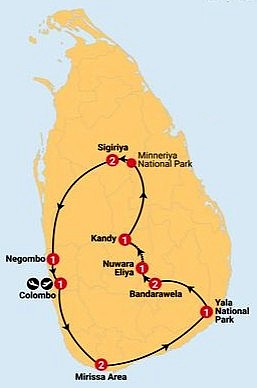Bandarawela
The following day we wound our way up into the highlands stopping at a waterfall, with an interesting way of saving the environment, to the British built Nine Arch Bridge.
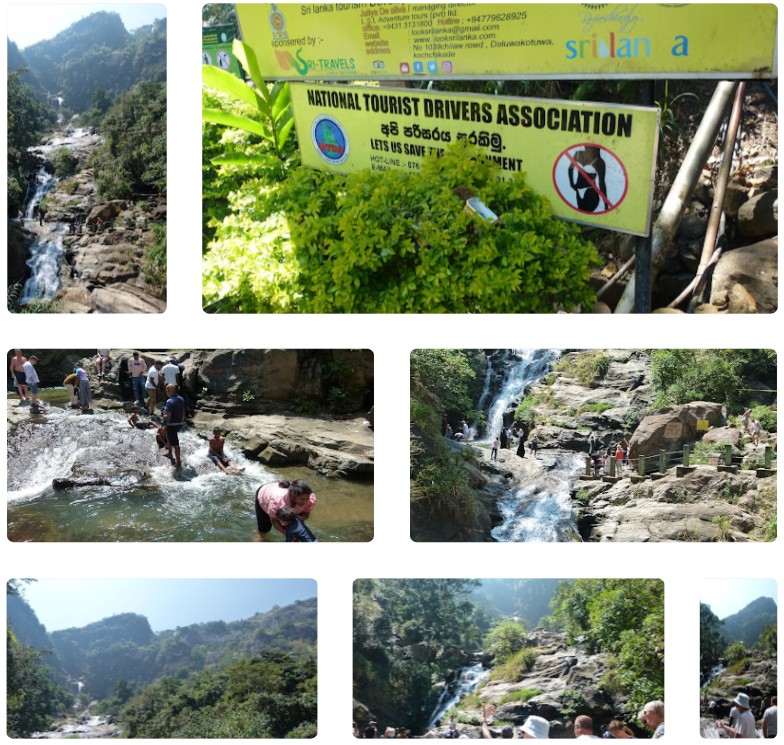
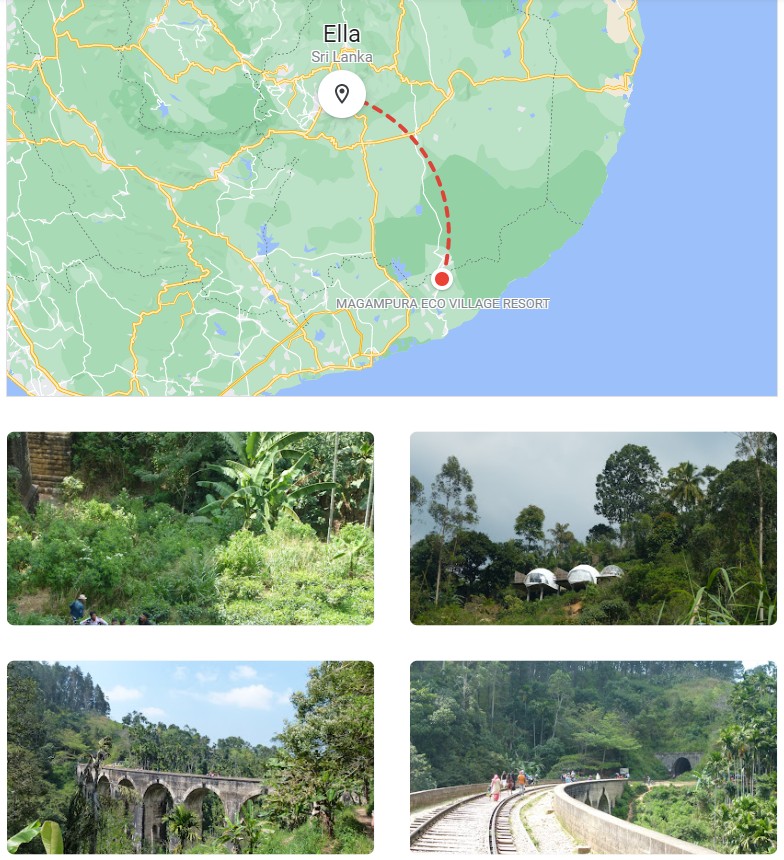
From here we would walk, along the railway track, up to Ella station. Wendy led the way.
It's an active railway but trains are not frequent and one had just passed as we set out.
The railway is a tribute to Victorian engineering. It's wide gauge (5' 6"), single track, with passing loops and numerous tunnels. It winds its way all the way down to Colombo. Just surveying the route, before construction, must have been a herculean task.
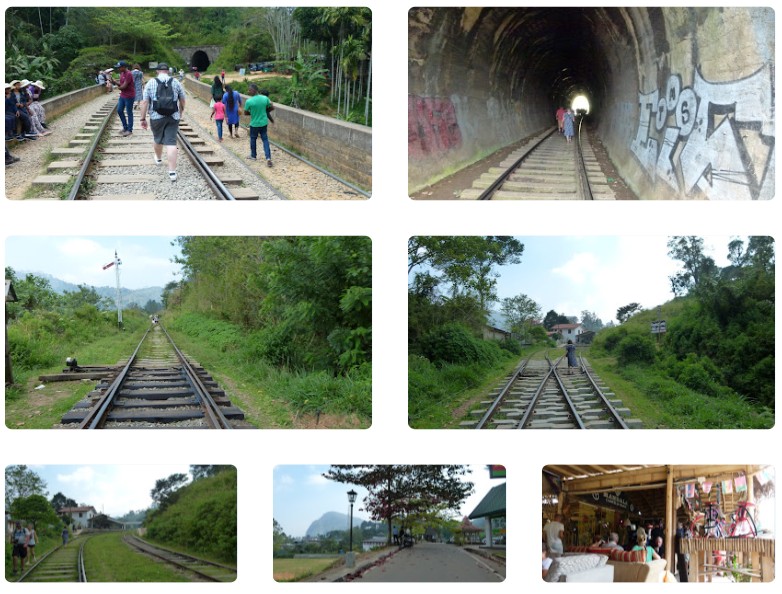
Above: Ella Station and bar - the best mojitos of the trip
Stragglers in our party arrived half an hour later, by which time we'd finished our mojitos in the pleasant bar near the station.
The next stop was nearby Bandarawela. The Bandarawela Hotel is a century-old British-colonial property built during the development of the hill-country railway. As we guessed, judging by the general milieu, the hotel had a 'European Only' policy until Sri Lankan independence in 1948.
At over 1,230 m (4,040 ft) above sea level it's known as Sri Lanka's first mountain resort hotel, "consisting of 33 comfortable colonial rooms with British furniture".
We liked it and spent quite a bit of time in the well-stocked bar. The back door of our big, traditional bathroom opened into a pleasant garden retreat.
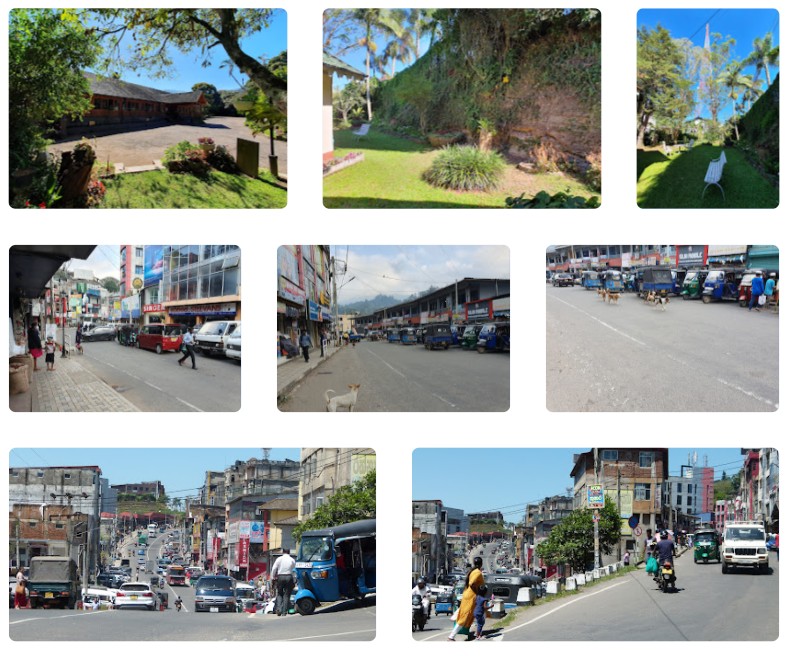
We were not so keen on the town, that, in places, smells of sewerage, and has at least one feral dog pack.
As we had the best part of a day to explore, we got a tuk-tuk back to Ella, through the tea country.
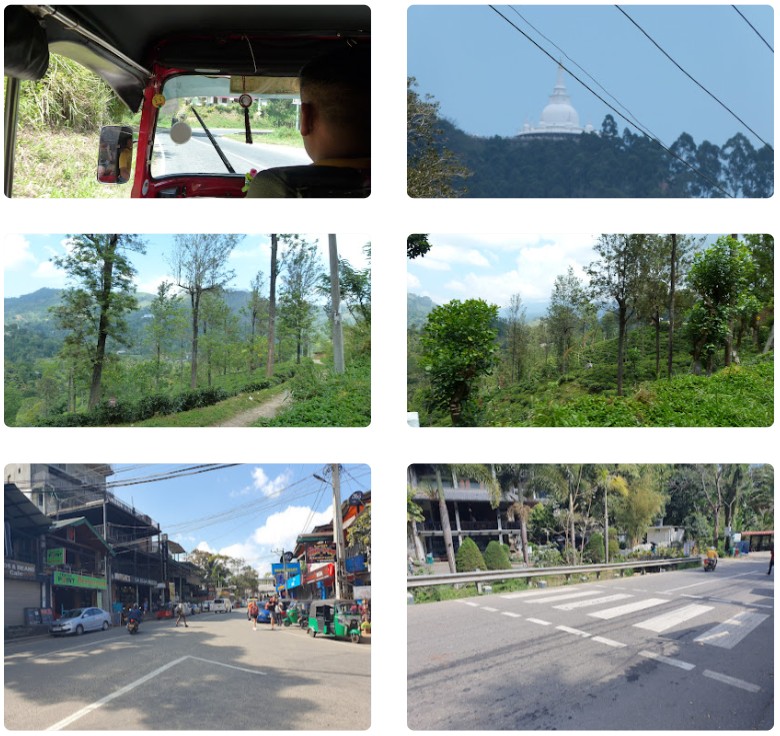
Ella resembles hippy influenced resort towns everywhere - think Byron Bay or Bali: Candles, cotton, crystals, German tourists, but most importantly cafes' and bars and restaurants. On the way back was this intriguing pedestrian crossing. The guard-rail had a considerable drop on the other side.
Leaving Bandarawela we again travelled through tea country to Nuwara Eliya.
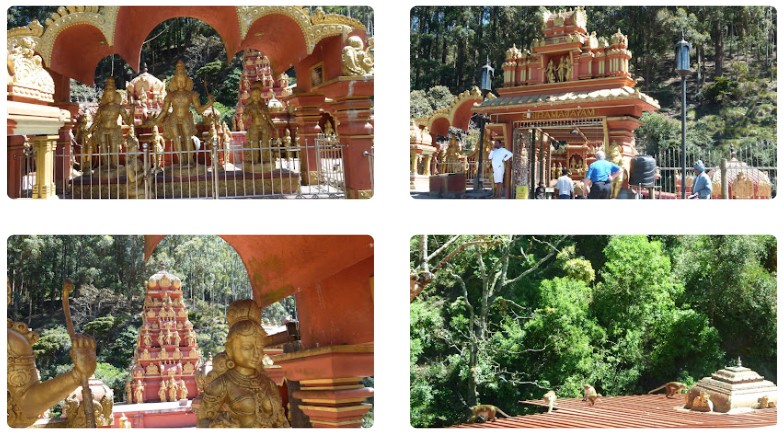
The tea pickers are largely (all?) Tamil and thus Hindu, so this temple is well attended. The monkeys like it too.

